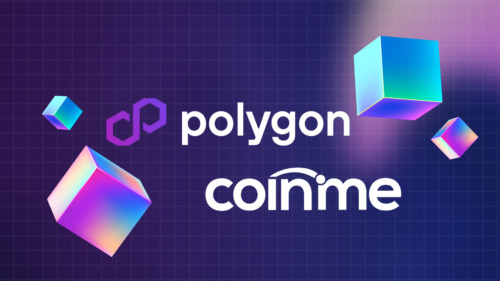Santiment Report Reveals Three Altcoins with Significant Whale Activity

- Whale transfers from exchange to cold wallets suggest a strategic shift, boosting long-term market confidence and demand.
- Large moves to cold storage reduce exchange supply, potentially spiking prices due to lower liquidity.
- Early whale movements date back to August 2023 for INJ, influencing ongoing price dynamics.
- Polygon’s shift to a new token, POL, in September aims to enhance utility but has seen a price drop this month.
Analysts at market intelligence platform Santiment have noticed some strange occurrences among popular altcoins. The alts in question – Injective (INJ), Render (RENDER), and Polygon (MATIC) – experienced notable price fluctuations after a swift shift of whale exchange wallet supply to whale cold wallet supply.
Related: Bloomberg: Traditional Financial Firms Eyeing Crypto Custody Market Share
The analysts wrote on X that these fluctuations are valuable as indicators for both short-term and long-term trading opportunities.
When these whales transfer their holdings from exchange wallets to cold wallets, it can indicate a change in their investment strategy. The market may perceive the transfer as a sign of long-term confidence in an asset, causing an increase in demand and price.
Moving large amounts of cryptocurrency to cold storage can reduce the available supply on exchanges, potentially leading to price increases due to reduced liquidity.
Whales Move Funds as Early as 2023, Say Analysts
In the case of Injective, whales started moving coins to cold wallets as early as 21 August 2023 and haven’t stopped since. Render’s major move started 21 July 2024, but has been flat since then.
Polygon’s major move happened on 9 September 2024, as the transition continues from MATIC to POL.
The transition from Polygon (MATIC) to Polygon 2.0 (POL) went live earlier in September. The upgrade – a shift from MATIC to a new token, POL – aimed at enhancing utility and staking mechanisms.
Despite its launch, Polygon’s price dropped 8.3% so far this month, currently trading for US$0.37 (AU$0.54), clearly not impressing investors.
The upgrade includes new fee-generating features for stakers and an inflationary token release to stimulate rewards.
Related: Circle CEO Envisions US as Future Crypto Leader Amid HQ Move to New York
INJ is also down from last month, dropping 3.3% while RENDER is up 4.57%. However, RENDER saw a close to 50% gain in late August, only to slowly lose these gains ever since.
After peaking during the AI boom, Render, which operates a distributed GPU network, capitalised on the GPU resources of thousands of idle computers, providing a way for users to monetise their unused processing power by contributing it to AI applications like ChatGPT.
However, as the initial surge in AI demand begins to wane, Render’s market performance is also declining.






